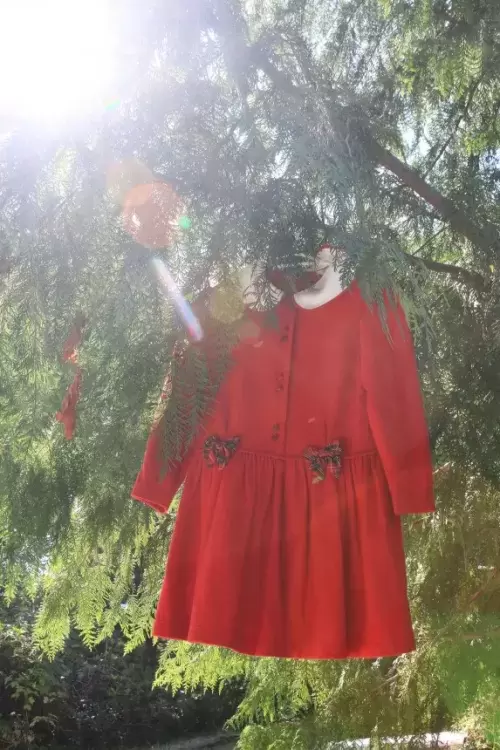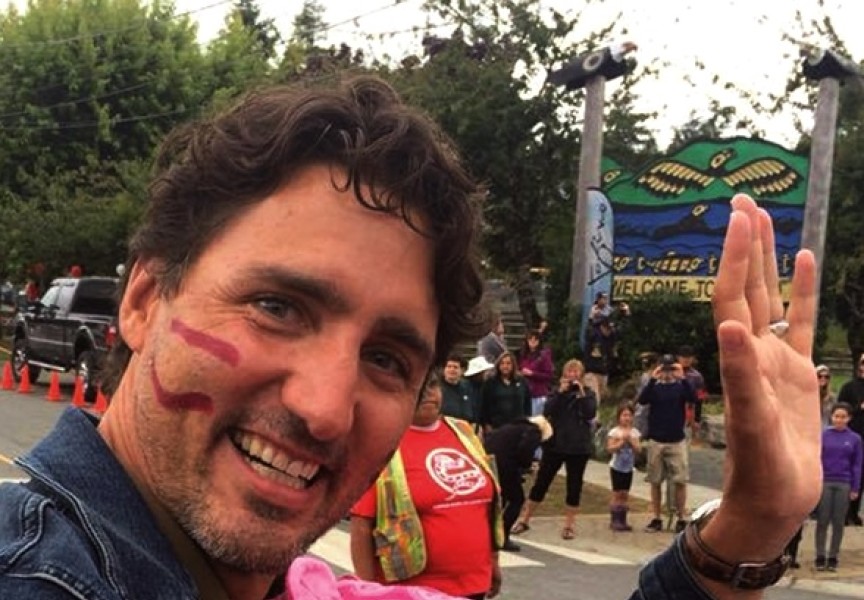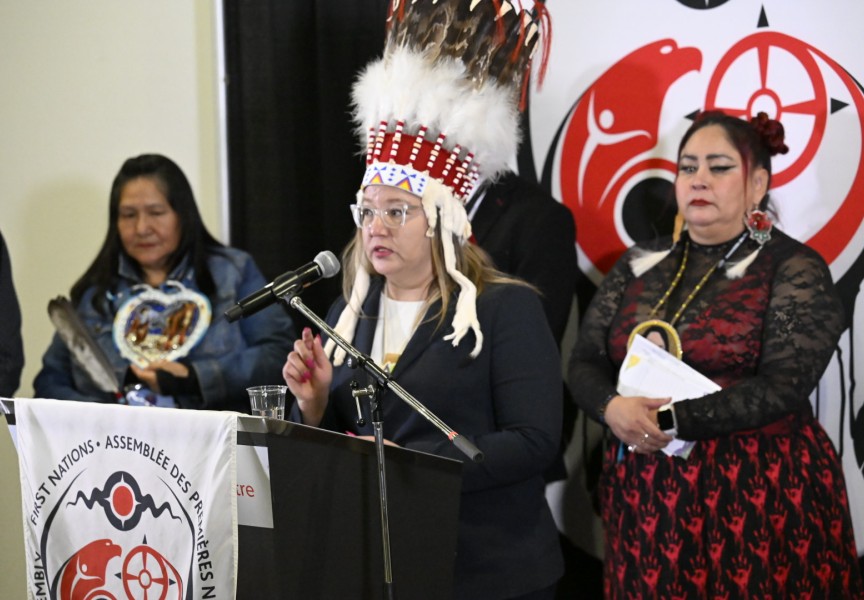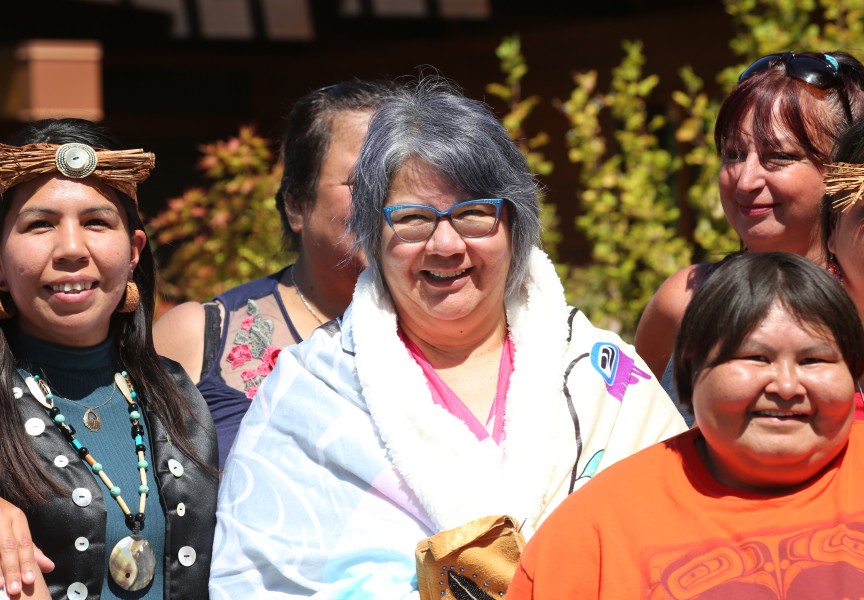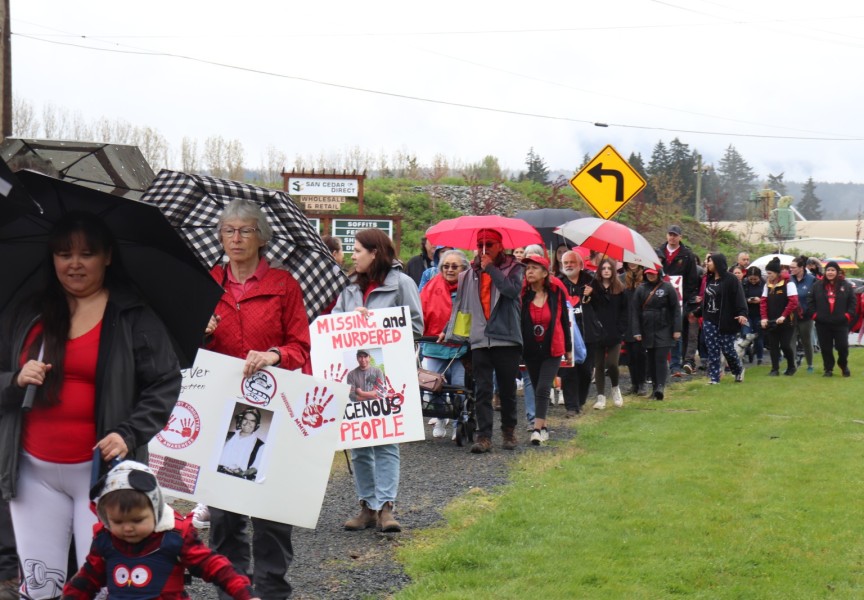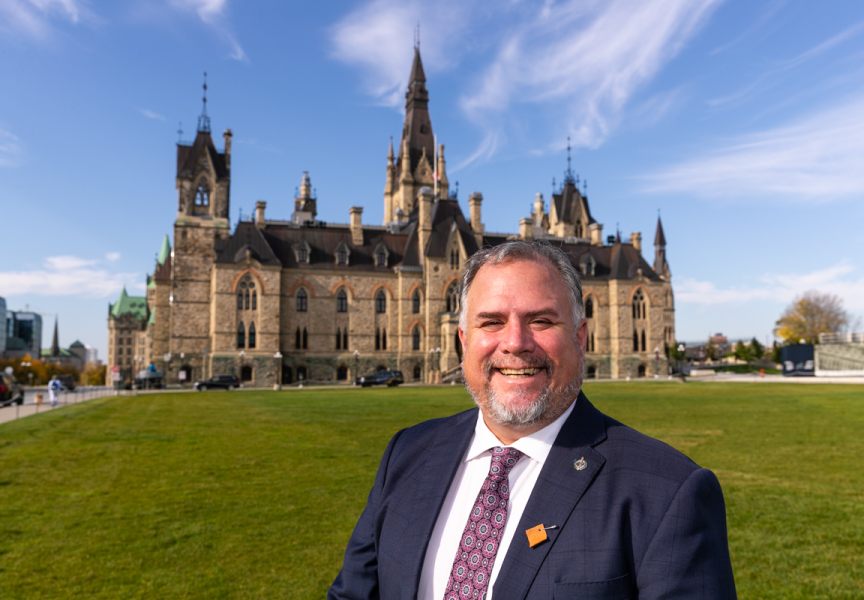The National Inquiry into Missing and Murdered Indigenous Women and Girls has been granted a six-month extension, giving commissioners until the end of the year to hear from families.
The inquiry was initially given a two-year time frame to produce its final report by Nov. 1, 2018. That date has now been extended to April 30, 2019, followed by another two months to wind down the inquiry’s work. With $53.8 million in dedicated federal funds, the national initiative was launched in 2016 to hear from those affected by the issue and produce recommendations on how the country can attend to the systemic causes of violence against Indigenous women and girls. According to the national inquiry, the homicide rate for Aboriginal women is four times higher than the Canadian average.
The extension was announced on June 5 by Indigenous and Northern Affairs Canada.
“This approach acknowledges that there are more survivors and family members who want to share their experiences, while underscoring the urgency that this government places on seeing the commission deliver concrete recommendations to address systemic and institutional issues to help keep Indigenous women and girls safe,” said the federal ministry in a statement.
This six-month extension will allow commissioners and staff to hear from more Aboriginal families who have lost loved ones, but it’s far from what the inquiry’s commissioners asked for in March. That request expressed the need for a two-year extension, with up to $50 million in additional funds. A letter signed by the four commissioners raised concerns that “voices will be lost and silenced” due to the 630 families and survivors registered with the inquiry who are yet to be heard.
“We firmly believe that an additional two years is required to do justice to our critically important mandate in a trauma-informed and culturally appropriate way that demonstrates the importance of engagement,” wrote the commissioners. “The additional time would ensure that all families and survivors who wish to talk to the commissioners or to a statement gatherer can do so and that their recommendations for change could be considered for inclusion in our final report.”
The federal government has not announced more funding for the inquiry, but Indigenous and Northern Affairs Canada stated that it “will work with the inquiry to determine budgetary requirements.”
Since it was launched the national inquiry has held 15 community hearings and gathered statements from affected families across Canada. More hearings on racism and police policies are expected to be held by the end of June.
Although a hearing was not held in Nuu-chah-nulth territory, in September 2017 the Nuu-chah-nulth Tribal Council hosted a gathering for the families of missing or murdered women and girls. The NTC has identified at least 39 Nuu-chah-nulth females who have been murdered or gone missing since the 1960s. The families of most of these victims attended the 2017 gathering.
With funding from B.C.’s Ministry of Indigenous Relations and Reconciliation, this gathering gave loved ones a chance to share their stories and engage in traditional Nuu-chah-nulth songs, prayers and healing ceremonies. The National Inquiry for Indigenous Women and Girls sent representatives to Port Alberni to collect statements from some of the gathering’s participants.
The inquiry has faced a number of nigh profile resignations, and in the commissioners’ request for an extension references were made to “unforeseen challenges.” In January Debbie Reid became the second executive director to step down, and last July Marilyn Poitras stepped down as a commissioner, citing issues with the structure of the inquiry.
“As is often common with commissions of inquiry we faced many unforeseen challenges,” wrote the remaining four commissioners. “We tried to hit the ground running and underestimated the infrastructure and resources required.”

